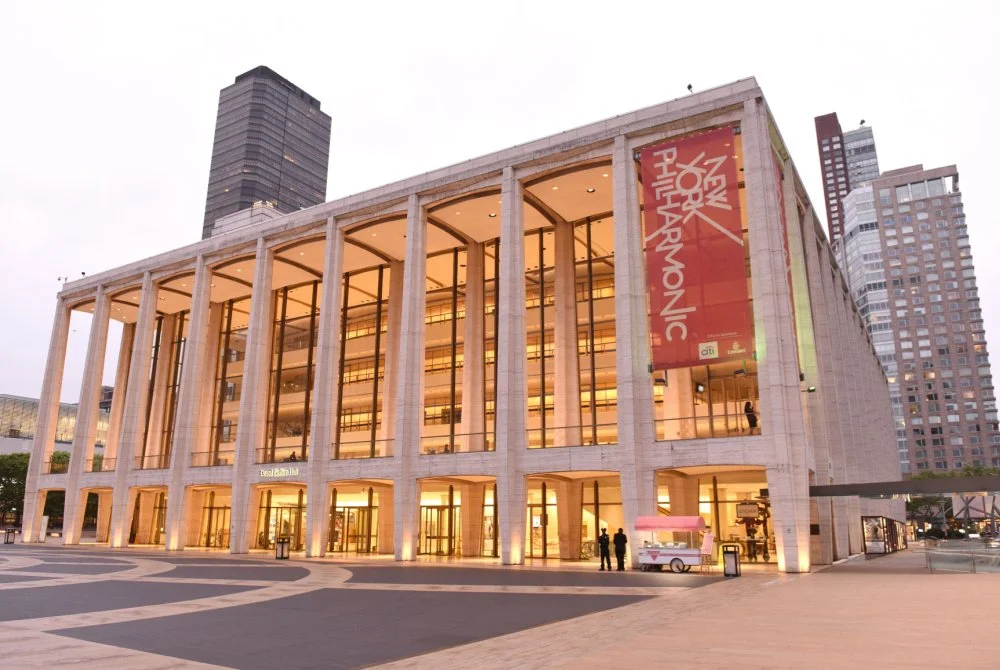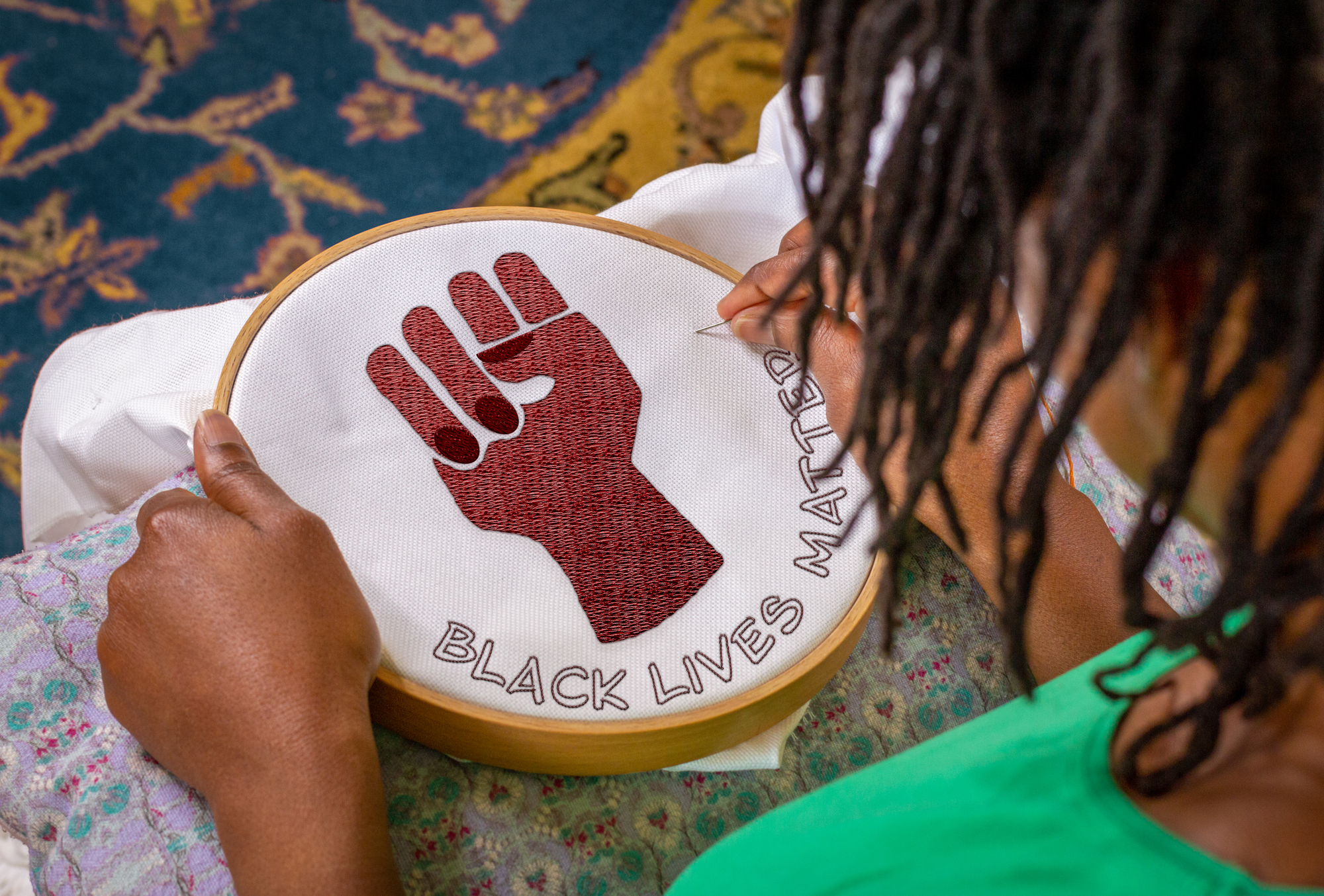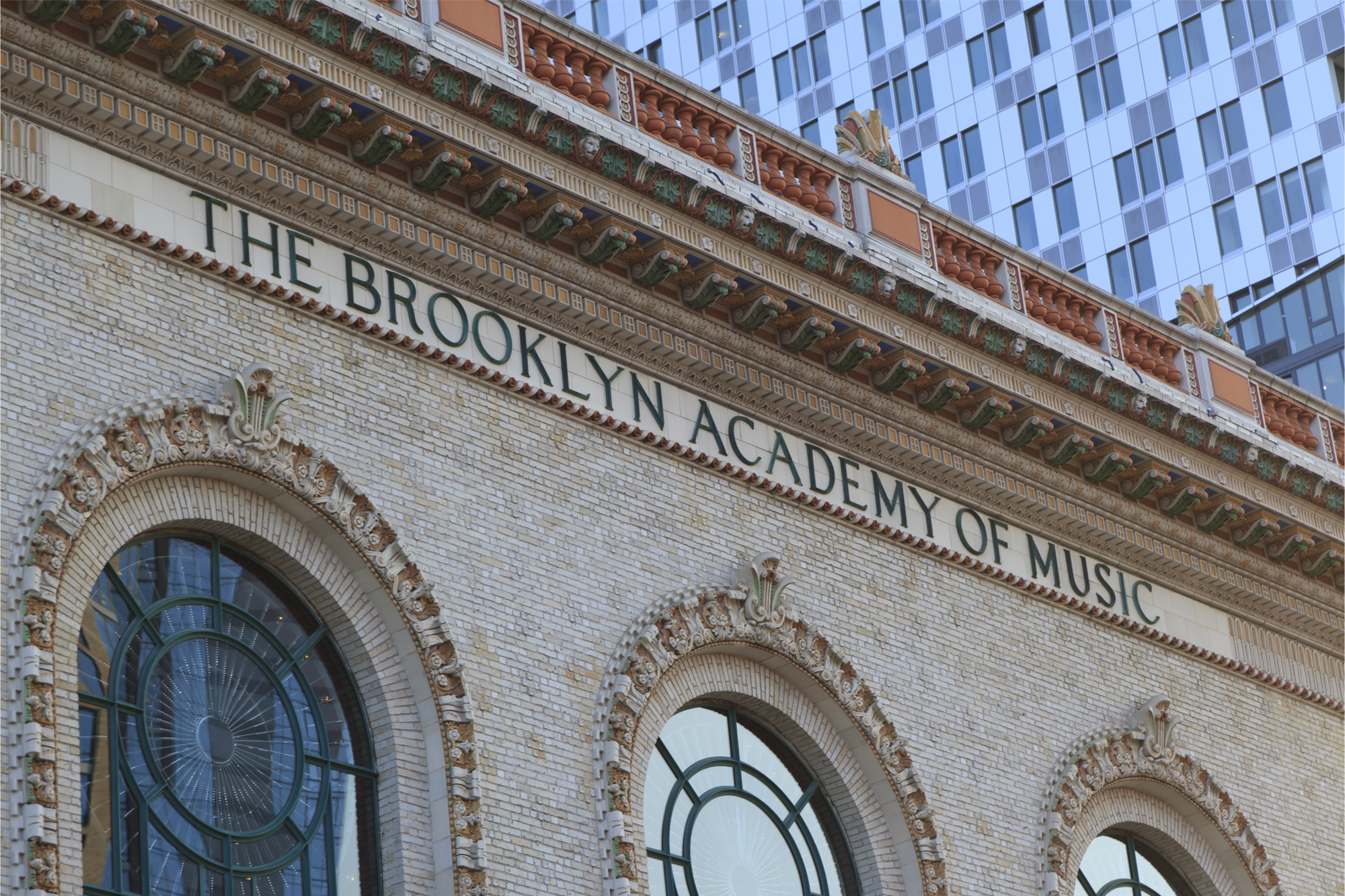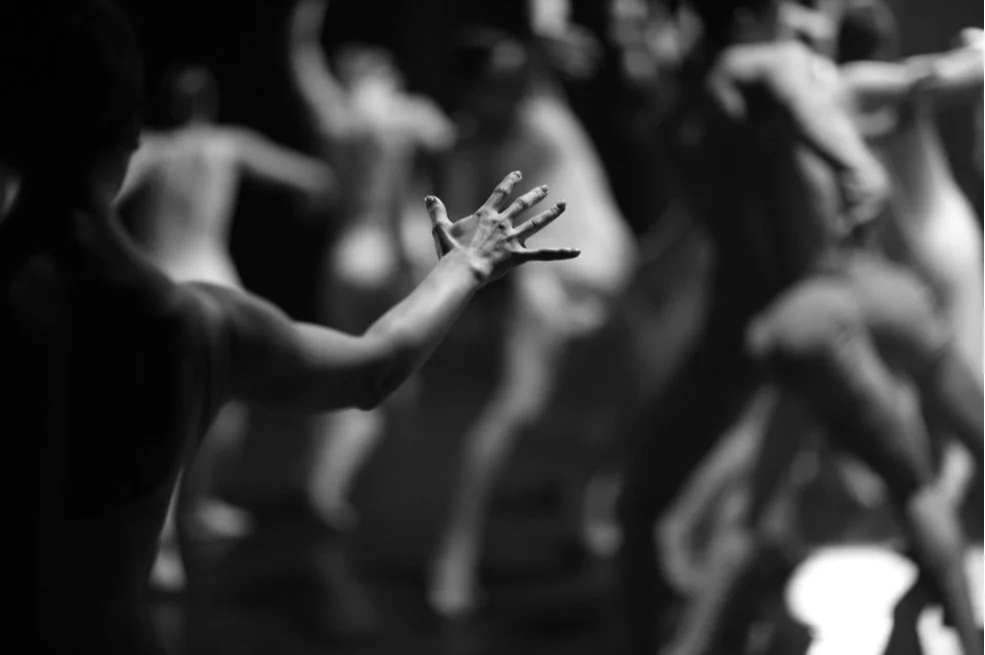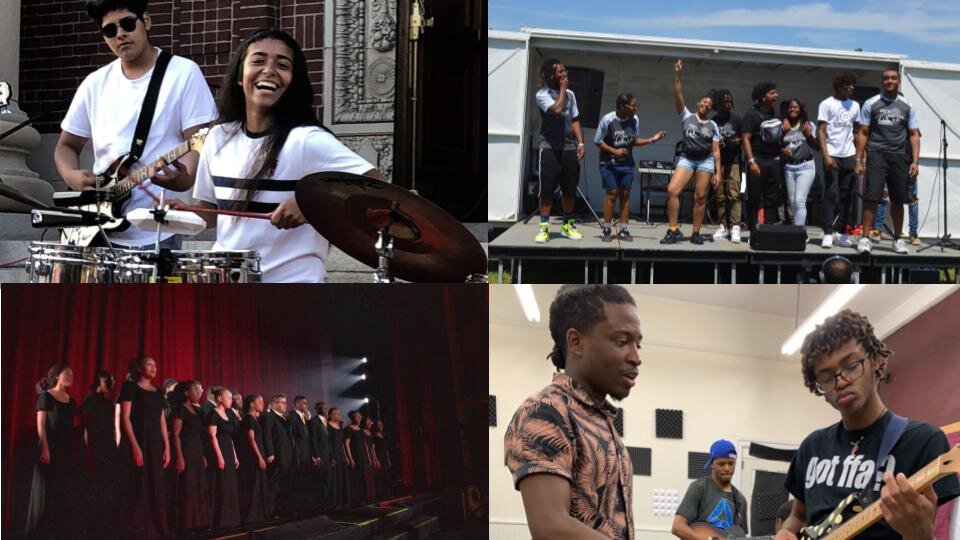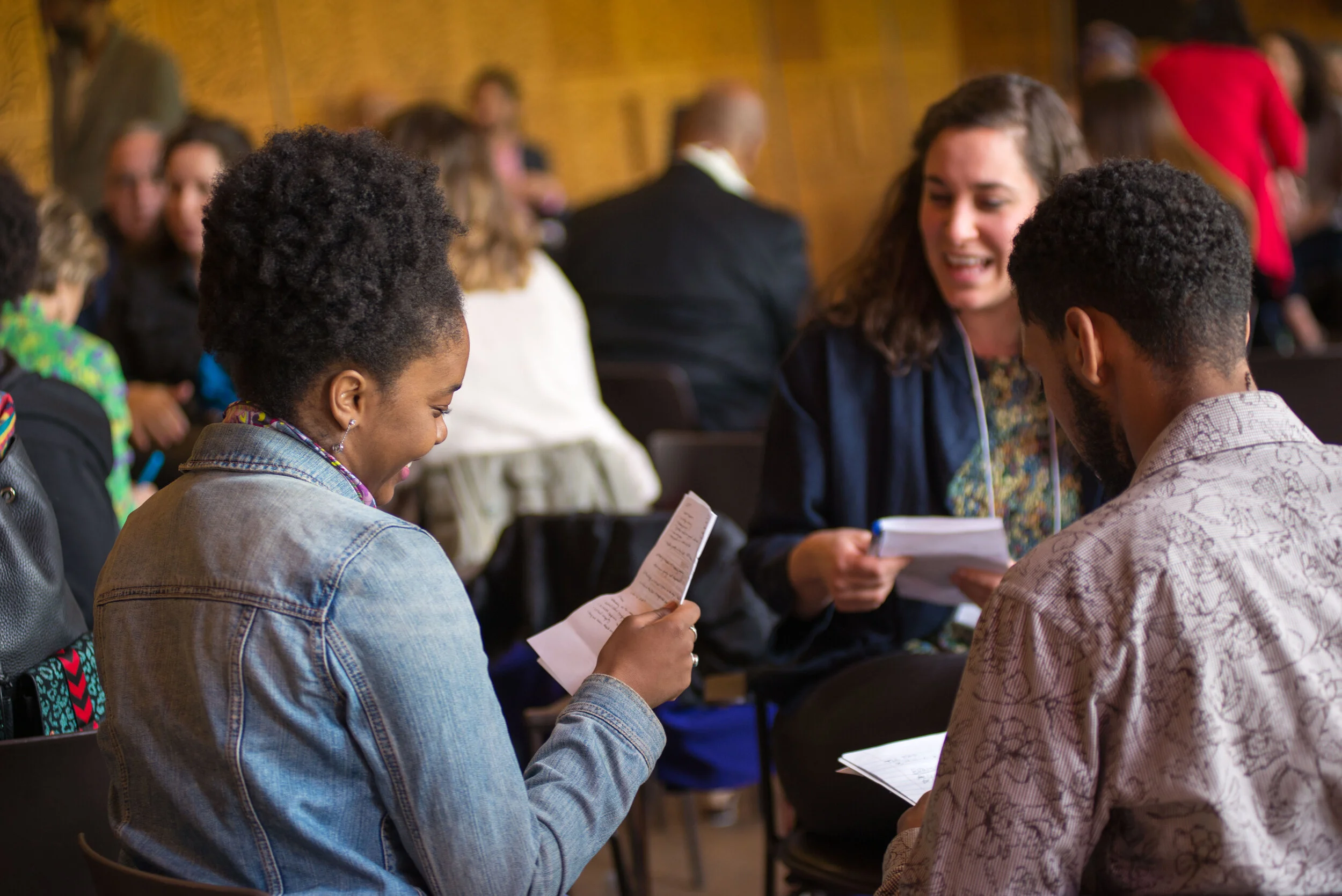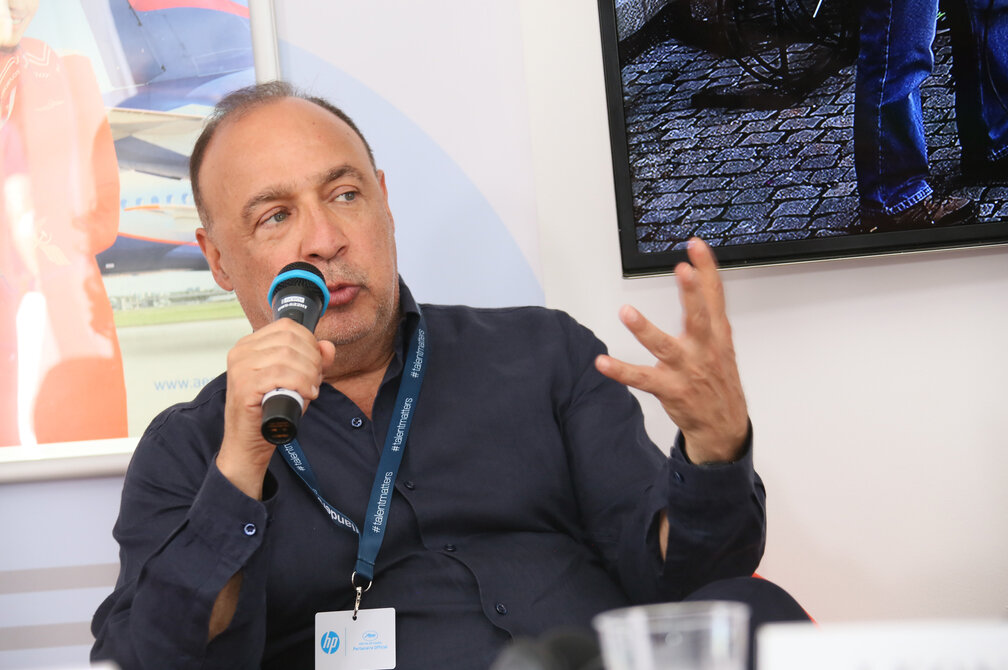Deep Ties: A Wealthy Couple and a Cultural Center Remain Close Through the Years
/photo: Artem Furman/shutterstock
Tucked away on a side street, the Kaufman Music Center is located on West 67th Street on Manhattan's Upper West Side. While the institution doesn't have the name recognition that nearby Lincoln Center or the Natural History Museum have, its history is quite interesting. Originally founded as a community school, the organization went through financial troubles and several renamings before eventually landing on solid ground. The Kaufman Music Center now serves as the umbrella institution through which several other programs and entities like Merkin Concert Hall and Lucy Moses School operate.
What's in a name?
Financier Henry Kaufman and his wife Elaine Kaufman loom large in this story. Born in Germany and educated at NYU and Columbia, nonagenarian Henry Kaufman earned the moniker "Dr. Doom" when he was the chief economist at Salomon Brothers for his frequent criticisms of government policies.
The Kaufmans and the Kaufman Music Center have fostered a relationship of more than three decades, and the story here includes a good example of committed donors, strong development work, and personal stakes. I recently spoke with Kaufman Music Center Executive Director Lydia Kontos and Elaine Kaufman to help unpack this story from both angles.
First, a little history. The Kaufman Music Center was founded in 1952 as the Hebrew Arts School for Music and Dance (HAS), a community school for pre-conservatory music training. With strong roots in the Jewish community, during the early 1980s, HAS became a home to Jewish artists who left the Soviet Union and arrived in New York City. Many music instructors struggled to find equivalent work in the United States. HAS served as a critical resource for artistic enrichment and education.
While Lydia became executive director of HAS in 1986, a few years prior, the institution's development office found Henry and Elaine Kaufman through their research. HAS wrote them a letter and the Kaufmans responded in turn with $1,000 to support a scholarship program for these Jewish musician emigres. It was the couple's first commitment to the institution.
Elaine eventually came to visit HAS, and what happened next Lydia describes as simply "good sincere development work to stay connected with her." Elaine joined the board and Lydia says the two got along right away, because Elaine was always interested in what was going on at HAS. It wasn't just that Elaine returned calls promptly; she was truly proactive in keeping in touch.
And wouldn't you know it, when the prospect of selling the institution came up amid severe financial troubles, Lydia recalls Elaine emphatically saying, "That can't happen." Elaine and several other board members partnered up to give gifts that transformed the financial fate of the center. Today, the Kaufman Music Center boasts Merkin Concert Hall, Lucy Moses School (New York City's largest community arts school), Special Music School, and Face the Music, a youth new music ensemble.
According to Lydia, crucial to saving the institution when it was on life support were "Elaine's due diligence plus our transparency."
Through the years, Henry and Elaine Kaufman have continued to support the Kaufman Music Center. They gave initial investment money in 1995 for the Special Music School, which opened a year later. The Kaufmans also funded an addition of one floor to the building so that it could accommodate a middle school. Other commitments include a major launch gift for renovation in 2007. And the couple most recently gave a $1 million challenge grant to the institution.
As for all of this support, Elaine Kaufman, now living down in the Palm Beach area, tells me that part of the the reason the couple was drawn to and has continued to key in on the Kaufman Music Center is personal. She liked that the institution was founded as a safe place for Jews, and indeed, the couple has always been interested in the fate of Jews and having a safe community.
In the early 1990s, Lydia successfully courted Russian pianist Vladamir Feltsman to the center. Feltsman's first performance in the United States was at the White House in front of President Reagan. Lydia introduced the famed pianist to the Kaufmans, and Elaine explains that she was deeply moved by his story. In fact, the two became close friends: "He was not allowed to go out and perform at concerts for some years, so instead, he stayed at home and played and played and played... it was a difficult time for Russian Jews, and they [HAS] brought in many musically gifted students." Elaine calls Feltsman "instrumental" in motivating the Kaufmans to begin supporting the Special Music School in the mid 1990s.
The couple is also musical. Elaine and Henry both play the piano, and Henry has a passion for singing, as well. The couple, longtime New Yorkers, also soaked up performances at places like the New York Philharmonic and Carnegie Hall. The Kaufmans, via their Henry and Elaine Kaufman Foundation, have support arts and cultural organizations like Manhattan Theater Club, Norton Museum of Art, and the Whitney Museum, where Henry was once a board member. They also support Jewish organizations, including their temples in the New York and Southern Florida areas and Hadassah, a volunteer women's organization.
While Elaine has often taken the lead with the Kaufman Music Center, Henry has been heavily involved with the Institute of International Education in New York, whose board he once chaired. Henry is also involved with his alma mater New York University and has supported it for years.
Lydia, who is set to retire as executive director of Kaufman Music Center later this year, also notes the timeliness of the Kaufmans' philanthropic intervention. Through the years, she says that Henry and Elaine "have seen projects that have been critically important and really stood behind them." And this steady commitment is rooted in a strong relationship.







